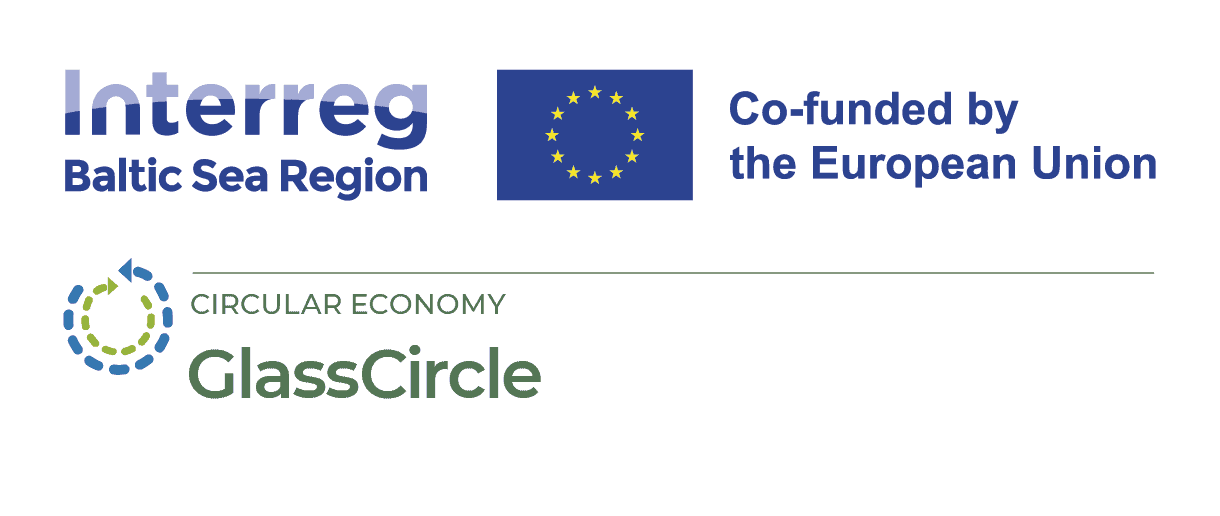
GlassCircle Co-Creation Workshop sparks Innovation and Collaboration for Sustainable Glass Fiber Manufacturing
01 March 2024
The recent workshop, held on March 1, 2024, marked a successful convergence of in-person and remote participation. With a diverse audience, including industry representatives, scientists, and policymakers, the workshop provided a platform for engaging discussions and presentations on GlassCircle’s vision for a circular economy in the glass fiber industry.
GlassCircle’s objectives, activities, and plans were presented, offering attendees a comprehensive understanding of the project’s mission. The event featured captivating presentations from industry and public sector experts, shedding light on ecosystem recycling, reuse, and Life Cycle Assessment of glass fibers.
A crucial takeaway emphasized throughout the workshop was the indispensable role of waste management and circular economy initiatives in achieving a climate-neutral society. Liga Biezina, a representative from Valmiera municipality (Latvia), underscored the significance of municipal involvement in projects like GlassCircle to propel the transition towards a circular economy.
Particularly intriguing were the success stories shared during the workshop, showcasing recycling and reuse possibilities. The KiMuRa project, with its robust cement co-processing recycling solution for industrial composite waste, and EoLoHUBS, demonstrating innovative solutions for reprocessing wind turbine blades, stood out as inspiring examples. Additionally, noteworthy instances of direct reuse, such as repurposing wind turbine blades for children’s play areas and park benches in the Netherlands, added a human touch to sustainable practices.
Nina Vielen-Kallio’s insight resonated with participants, highlighting the importance of a holistic approach to circular and sustainable business models. She stressed the need to move beyond a technology-driven, bottom-up perspective and encouraged learning from other projects while actively sharing knowledge.
To bridge the gap in understanding Life Cycle Assessment and Life Cycle Costing related to product and process life cycles, participants were informed about the EPICENTER project’s summer school, available both in-person and online.
A fundamental reevaluation of product design, business models, and consumption patterns was identified as essential to minimize waste and resource depletion. The workshop concluded with the co-creation of several business model innovation ideas through the St.Gallen Magic Triangle, fostering mutual benefit.
In summary, participants left the workshop with a heightened sense of satisfaction, armed with new knowledge. The majority now possesses a deeper understanding of the GlassCircle project and expresses a strong desire to collaborate on realizing its objectives. The event successfully fostered innovation, collaboration, and a shared commitment to building a sustainable future for the glass fiber industry. The presenatations from the workshop are available here.





